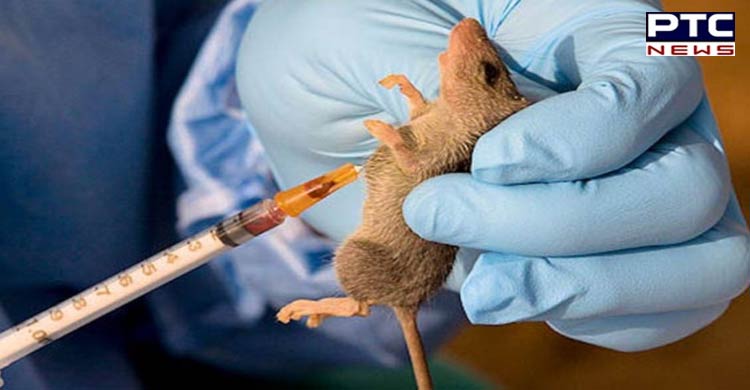As the world continues to fight the ongoing Omicron variant of coronavirus, Lassa fever has sparked concerns among health officials in the United Kingdom. The country has confirmed its first death from the illness, while the other two cases were reported.
 Even though no case of Lassa fever had been detected in India so far, the World Health Organisation is monitoring the country along with the UK.
Even though no case of Lassa fever had been detected in India so far, the World Health Organisation is monitoring the country along with the UK.
 Also Read :Experts suggest three jabs of Covid-19 vaccine beneficial than two
What is Lassa Fever ?
The Lassa fever-causing virus is found in West Africa, first discovered in 1969 in Lassa, Nigeria stated the Centers for Disease Control and Pollution (CDC). The virus causing Lassa fever is a single-stranded RNA, belonging to the virus family Arenaviridae. The discovery of this disease was made after two nurses died in Nigeria.
Lassa Fever Transmission
Transmission of the Lassa virus in humans can occur through ingestion or inhalation; in urine and droppings, direct contact with these materials; touching soiled objects; eating contaminated food; exposure to open cuts or sores.
Also Read :Experts suggest three jabs of Covid-19 vaccine beneficial than two
What is Lassa Fever ?
The Lassa fever-causing virus is found in West Africa, first discovered in 1969 in Lassa, Nigeria stated the Centers for Disease Control and Pollution (CDC). The virus causing Lassa fever is a single-stranded RNA, belonging to the virus family Arenaviridae. The discovery of this disease was made after two nurses died in Nigeria.
Lassa Fever Transmission
Transmission of the Lassa virus in humans can occur through ingestion or inhalation; in urine and droppings, direct contact with these materials; touching soiled objects; eating contaminated food; exposure to open cuts or sores.
 Lassa Fever Symptoms
The symptoms of Lassa Fever appear nearly one to three weeks after the person contracts the infection. In most cases of Lassa fever (approx 80 percent) the symptoms could be mild and go undetected.
However, in the remaining 20 percent, the symptoms could be strong and include haemorrhaging in gums, eyes or nose, respiratory distress, repeated vomiting, facial swelling, pain in the chest, back and abdomen, and shock which can also include hearing loss, tremors, and encephalitis.
Lassa Fever Symptoms
The symptoms of Lassa Fever appear nearly one to three weeks after the person contracts the infection. In most cases of Lassa fever (approx 80 percent) the symptoms could be mild and go undetected.
However, in the remaining 20 percent, the symptoms could be strong and include haemorrhaging in gums, eyes or nose, respiratory distress, repeated vomiting, facial swelling, pain in the chest, back and abdomen, and shock which can also include hearing loss, tremors, and encephalitis.
 Also Read: Bedtime media use 'harmful' for sleep: Study
Lassa Fever Prevention
According to the Centers for Disease Control and Pollution (CDC), the way to avoid getting infected with Lassa fever is to avoid contact with rats. This means avoiding contact with rats in places where the disease is endemic and maintaining hygiene in almost all areas of the house or workplace to prevent the entry of rats. Keeping food in rat-proof containers and laying down rat traps at different areas of house and workplace is also advised.
-PTC News
Also Read: Bedtime media use 'harmful' for sleep: Study
Lassa Fever Prevention
According to the Centers for Disease Control and Pollution (CDC), the way to avoid getting infected with Lassa fever is to avoid contact with rats. This means avoiding contact with rats in places where the disease is endemic and maintaining hygiene in almost all areas of the house or workplace to prevent the entry of rats. Keeping food in rat-proof containers and laying down rat traps at different areas of house and workplace is also advised.
-PTC News